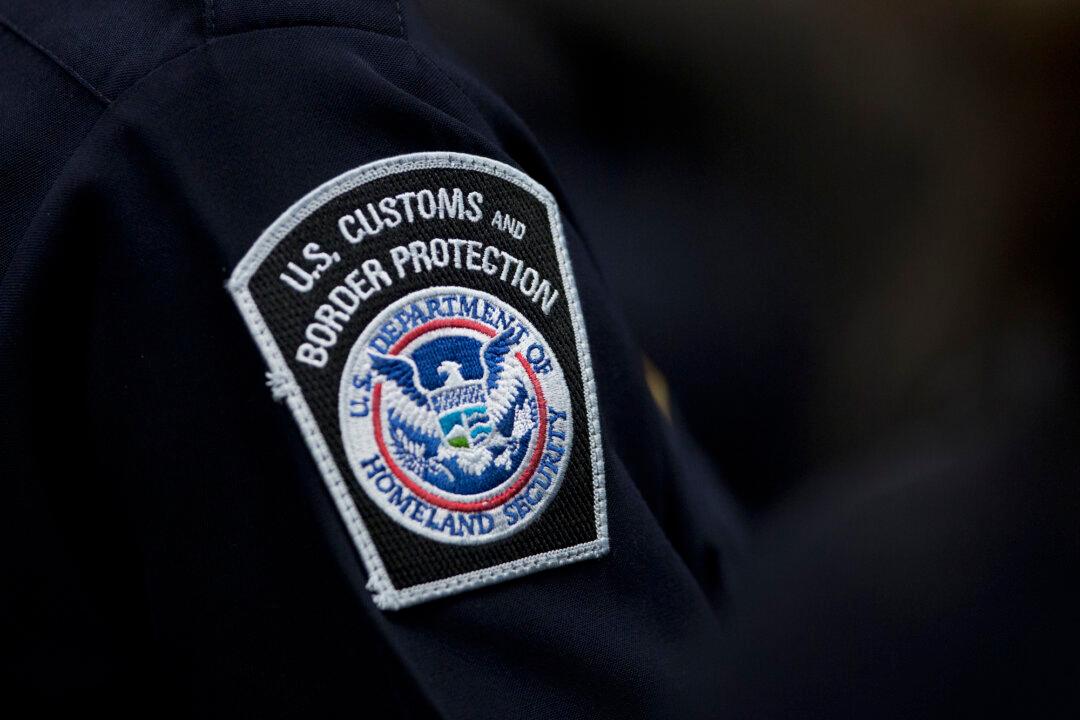U.S. authorities say they have intercepted a package from Canada which contained more than a pound of fentanyl.
U.S. Customs and Border Protection (CBP) said the seizure was made by officers from the Area Port of Seattle on Feb. 6.

U.S. authorities say they have intercepted a package from Canada which contained more than a pound of fentanyl.
U.S. Customs and Border Protection (CBP) said the seizure was made by officers from the Area Port of Seattle on Feb. 6.